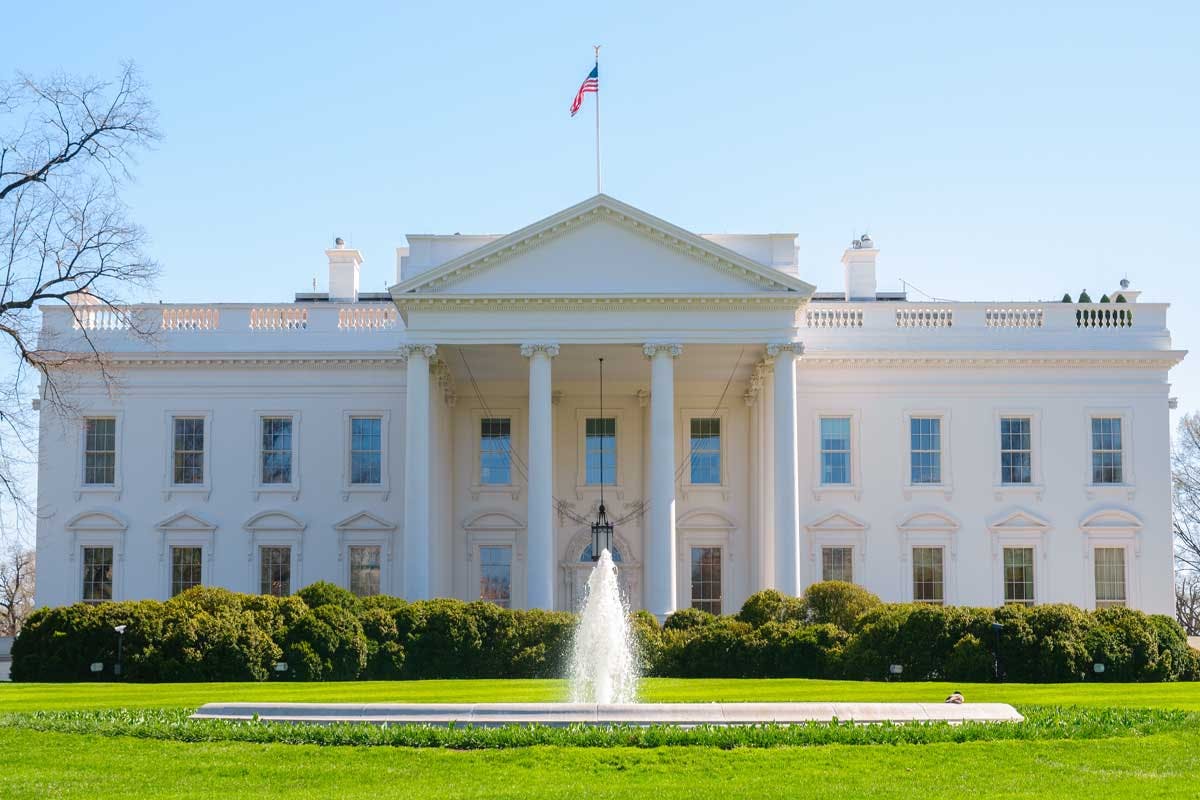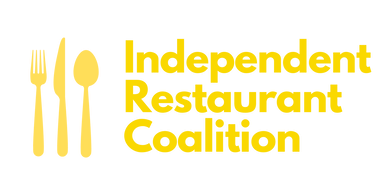March 30 — Independent Restaurants Celebrate Small Business Administration’s Decision to Drop SAM.gov Registration Process for Restaurant Revitalization Fund

FOR IMMEDIATE RELEASE
March 30, 2021
CONTACT:
Jeff Solnet
jeff@precisionstrategies.com
Independent Restaurants Celebrate Small Business Administration’s Decision to Drop SAM.gov Registration Process for Restaurant Revitalization Fund
SBA Tells Restaurant and Bar Operators that “Cumbersome” Application Process Will Not Be Required Following Advocacy Efforts from Independent Restaurant Coalition
Washington, D.C. -- Today, the Small Business Administration announced that they are eliminating the System for Award Management (SAM) registration process for independent restaurants and bars applying for the Restaurant Revitalization Fund (RRF). This announcement follows the Independent Restaurant Coalition’s (IRC) efforts to encourage the government to eliminate SAM.gov from the RRF application process.
“Independent restaurants and bars are the worst hit by this pandemic, and they need to access relief funds as fast as possible. The Small Business Administration listened to our need and took action,” said Erika Polmar, Executive Director of the Independent Restaurant Coalition. “Removing the SAM.gov requirement eliminates a major barrier to neighborhood restaurants and bars who need access to the Restaurant Revitalization Fund. SAM.gov required notarized documents that many restaurants found challenging to quickly produce, lacked the multilingual support many businesses needed to use the service, and has already experienced a backlog. The SBA's decision levels the playing field and gives the smallest businesses a better shot at getting relief. The Independent Restaurant Coalition is grateful to the SBA for making this application process easier and looks forward to collaborating with the Administration on the implementation of this program.”
Since the passage of the Restaurant Revitalization Fund as part of the American Rescue Plan, the IRC has advocated for the removal of the SAM.gov requirement from the RRF application process. Last week, the IRC sent a letter to Administration officials calling the process “cumbersome,” writing: “Between notarized letters, multiple business registrations, lack of multilingual support, lack of professional advisors, and many other complications, small and independent restaurants and bars will not be able to successfully navigate this system that was designed for repeat grant awardees and much larger organizations.”
The IRC has created resources to help the independent restaurant and bar community prepare to apply for RRF grants. The Coalition continues to update these resources as guidance is provided from the government. Since February, the SBA and White House have been in conversation with representatives of the IRC to discuss the implementation of the Restaurant Revitalization Fund.
During a US Senate Committee on Small Business and Entrepreneurship hearing last week, J Patrick Kelley, Associate Administrator, Office of Capital Access in the Small Business Administration, lauded Congress for giving agencies flexibility to remove the SAM.gov registration process. "Congress should feel really good about the statutory language that you've given us to authorize this program. So, for example, one of the limitations for a program of this scale and size could have been the requirement of using SAM.gov, but as you know, the statutory authorizing language speaks to giving the agency the discretion to seek unique identifiers that the industry uses… that's important because SAM.gov services 757,000 entities, and it is scheduled for maintenance in April, so having that latitude to design a unique instance with the industry sector unique identifiers is a really important step." The Acting Director of OMB discussed the SAM registration requirement in a March 19th memo to heads of executive departments and agencies noting that “Federal awarding agencies may relax the timing of the requirement for active SAM registration at time of application in order to expeditiously issue funding.”
This effort follows the IRC’s yearlong campaign to advocate for independent restaurant and bar relief, and ongoing partnership with the White House to provide the support industry needs. The $28.6 billion restaurant and bar grant relief program is part of the American Rescue Plan signed into law by President Biden earlier this month. The bill is modeled after the RESTAURANTS Act, which was first proposed by thousands of IRC supporters in an April 2020 letter to Congress.
Last month, the IRC invited over 300 members of the restaurant and bar community to discuss this new relief fund and state of the industry with the White House, including Senior Advisor to President Biden, former Congressman Cedric Richmond and Bharat Ramamurti, the Deputy Director of the National Economic Council. Congressman Richmond said this is “a necessary first step for restaurants and bars, and we look forward to collaborating with the Independent Restaurant Coalition to ensure small businesses can access this relief.”
This first-of-its kind grant program provides debt-free support in the amount of annual revenue lost from 2019 and 2020, with special provisions for businesses that opened in 2020 and 2019. They can only be used on eligible expenses (below) that incurred starting on February 15, 2020 and ending at the end of 2021. Unused funds– or funds not used for these purposes– will be returned to the government. These expenses include:
Payroll (excluding employee compensation exceeding $100,000/year), employee benefits, and paid sick leave;
Mortgage, rent, and utilities;
Maintenance;
Outdoor seating construction;
Supplies, protective equipment, and cleaning materials;
Food and beverage;
Operational expenses; and
Debt obligations to suppliers.
This program caters to the most vulnerable businesses: grants cannot exceed $10,000,000 per restaurant group (which cannot have more than 20 entities), and $5,000,000 per business. The Small Business Administration (SBA) will prioritize awarding grants to businesses owned or controlled by women or Veterans or socially disadvantaged businesses.
ABOUT THE IRC:
The Independent Restaurant Coalition was formed by chefs and independent restaurant owners across the country who have built a grassroots movement to secure vital protections for the nation’s 500,000 independent restaurants and the more than 11 million restaurant and bar workers impacted by the coronavirus pandemic.
###

